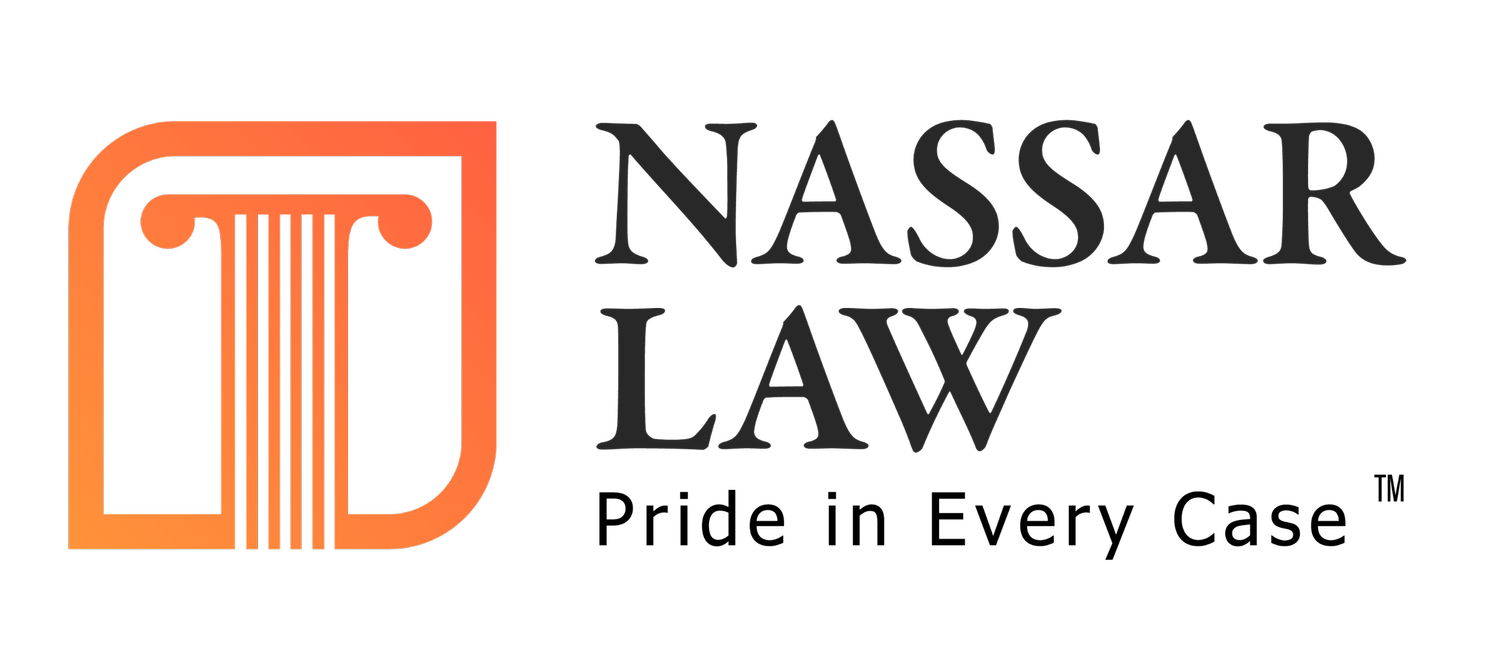Premises Liability
All business and property owners are under a legal duty to ensure that their premises are properly maintained and are safe. Additionally, they must act in a reasonable manner to prevent others from being unknowingly subjected to dangerous conditions on their property. When an individual is injured on another’s property due to dangerous conditions or hazard, the business or property owner may be held liable, under the legal theory of premises liability, for the injuries and all resulting economic damages. This also involves government/public entities (E.g., sidewalks, airports, and municipal buildings).
Slip, Trip, and Fall
Failure to Maintain a Safe Area for Patrons/Guests
Construction Sites
Insufficient Security
Overserving alcohol
Dog Bites
And, other situations which can lead to serious injury/permanent disfigurement
Established law imposes a strict time limitation to bring an action for personal injury based upon injuries sustained in a premises liability or slip, trip, and fall case against government entities. Failure to act in a timely manner could result in the loss of monetary compensation for your injuries, medical bills, pain & suffering, and lost wages.
There are a variety of premises liability cases that generally occur due to slippery or wet floors, damaged/uneven walking surfaces, and hazardous conditions (falling objects, leaking pipes, poisons/toxins, etc.) which occur because of negligently maintained areas, poor design, lack of proper warnings/safety devices, or conduct by the property owner/occupier. Other common premises liability cases involve overserving alcohol, insufficient security, and animal bites.
Contact a Personal Injury Attorney today to schedule a free initial consultation.
or call directly: 888.499.9016
The payout and laws vary for personal versus government related cases. Both private (meaning a non-government person) and government parties that are at fault fall under strict time limitations that do vary. Understanding the difference between the two types of cases can affect your rights and compensation you deserve. Reach out to make sure that you are properly protected and represented.

